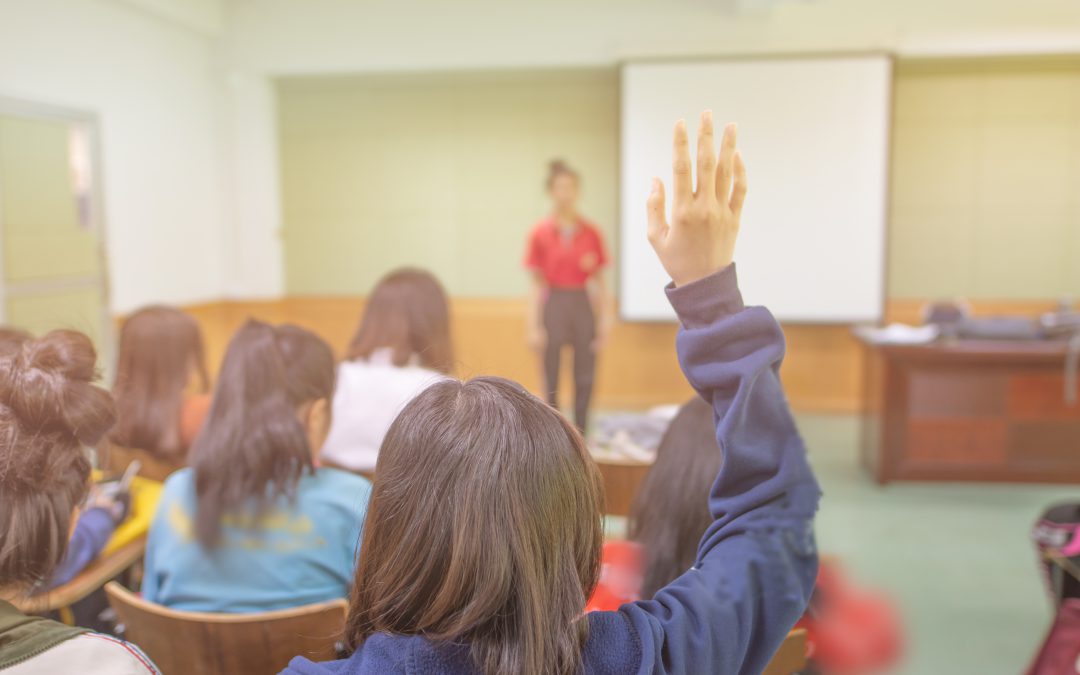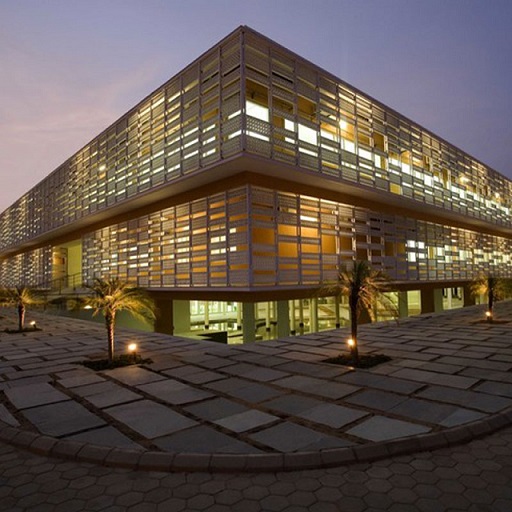By Shalini Gupta, Associate Dean, Fashion Styling, Pearl Academy
Innovative education is characterised by an openness to viewing issues from new perspectives and coming up with novel solutions. At Pearl Academy, we are committed to fostering a culture of social responsibility by instilling values that drive positive transformation. We celebrate and recognise innovative ideas, projects, and initiatives, all to empower students, foster inclusive development, and contribute to the overall well-being and progress of communities aligned with us and beyond.
Our students learn to be curious, creative, and problem solvers as they grapple with academic and other real-world lessons. As educators, we leverage innovation to improve student outcomes not only from a purely academic standpoint but also to develop the soft skills that are pivotal for success in the changing workspace and ever-changing world at large. We continuously bring together the best faculty from academia and the industry, along with an industry-oriented curriculum and excellent infrastructure, to drive innovation among the students and the faculty.
To foster students’ capacity to approach problems with creative ideas and tactics, we also include activities, projects, and assignments that call for analysis, evaluation, and solution-oriented thinking.
Sustainability at the Core
Educational institutions play a vital role in educating students about sustainability and cultivating their appreciation of its significance. Our curricula are underpinned by the core ideas and principles of sustainability and sustainable development. Subjects such as environmental science, sustainable development, renewable energy, sustainable corporate practices, and social responsibility foreground our sustainability-focussed courses, modules, and projects. Our goal is to ensure that students obtain knowledge and comprehension of sustainability challenges by offering opportunities for structured learning.
To introduce students to sustainable practices and projects, we also plan field trips and experiential learning events. Visits to organic farms, renewable energy installations, waste management facilities, sustainable enterprises, and conservation projects are included because they provide students with
first-hand knowledge, enable them to see sustainability in action, and help them comprehend how it applies to real-world situations. We also encourage our students to undertake research and projects related to sustainability. This involves conducting studies on environmental impact, sustainable practices, climate change, or social sustainability. By engaging in research, students develop a deeper understanding of sustainability challenges and contribute to the generation of knowledge in this field.
At Pearl, we invite sustainability experts, environmental activists, and professionals from relevant fields to deliver guest lectures and presentations. These experts share their experiences, insights, and practical solutions related to sustainability challenges. These sessions provide students with an opportunity to learn from real-world practitioners and gain inspiration for their sustainable
endeavours.
Valuing Life Skills
We believe college years are formative for young people to experience different cultures, cuisines,and traditions while stepping outside of their comfort zone. Before they enter the workforce, collegeis a great time to learn about and embrace different cultural ideas. We also recognise the value of and necessity for life skills, particularly for students from diverse backgrounds, economic circumstances, and skill levels. They may lack more fundamental abilities needed for a job or to deal with the difficult parts of adult life. Our School for Life curriculum includes courses on life skills, which we have successfully incorporated into their core learning. The students begin with basic non-verbal communication, speaking, listening, presenting, and emoting. This allows them to break down barriers of judgment and present and defend their ideas with confidence. They then progress to experiencing self-awareness and empathy, which are core skills required for adaptive leadership and leading teams. A very important attribute of our life skills curriculum is financial literacy. We aim for our students to have the financial freedom to make choices —whether it’s choosing to work on gigs, starting a social enterprise, or, when needed, opting to take a break. To achieve this goal, students are taught fundamental concepts such as basic budgeting, financial planning, and investing.
Furthermore, by participating in co-curricular activities, internships, leadership programs, mentoring, personal development courses, community service, research projects, and engaging with peers, our students get ample opportunities to learn and develop essential life skills. These experiences complement academic learning and empower students to navigate challenges, make informed decisions, and thrive in their personal and professional lives.
Encouraging Creative Expression
Several academic fields, including psychology, design, art, and sustainability, are impacted by fashion. We support multidisciplinary teams and initiatives that investigate how fashion interacts with other disciplines. Through the integration of diverse viewpoints, students acquire a comprehensive and informed viewpoint, of the significance of fashion and its associations with wider facets of society and culture.
We cultivate an atmosphere that promotes fashion experimentation and creative expression. Our resources, including workshops, textile laboratories, and design studios, allow students to explore
their creativity and create their distinctive fashion aesthetics. Students are more able to appreciate fashion as a means of self-expression and personal identity due to this emphasis on creative expression.












